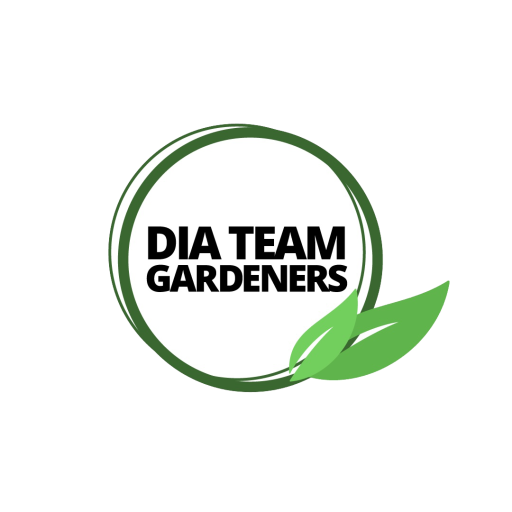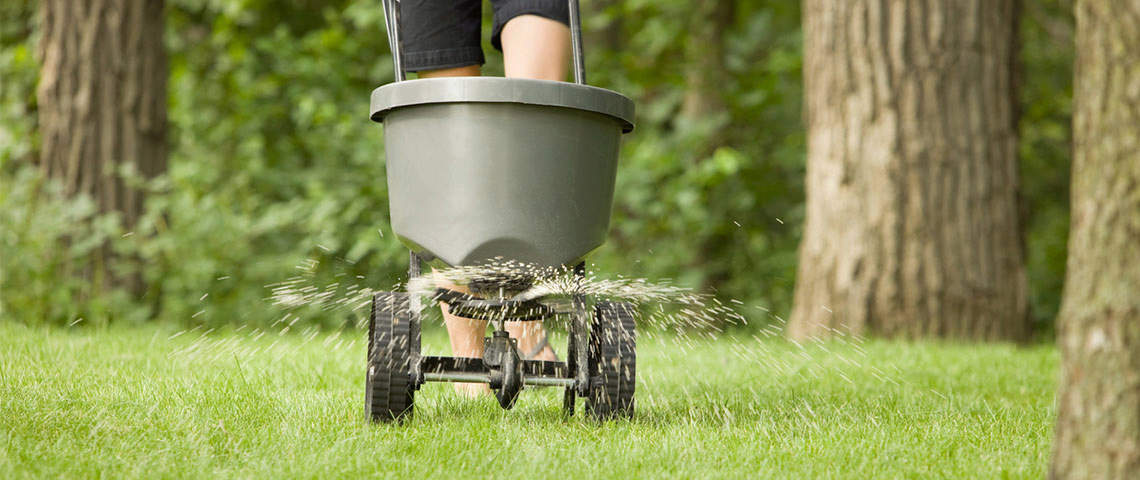Fertilization
Plants on balconies and in the garden need extra nutrients to grow healthy and produce a good crop of fruits and flowers. These nutrients are in the form of fertilizers. If you follow some simple, basic rules for fertilizing, you can hope for beauty and a good harvest. In addition, the plants will become more resistant to diseases and parasites. For all questions about fertilizing, contact your nearest professional gardener.
Let’s see which is the main information you have to know about fertilizing:
The right fertilizer
You can choose between mineral and organic fertilizers. Speaking of mineral fertilizers, you often find the term NPK fertilizer, which means: nitrogen (N), phosphorus (P), and potassium (K).
Nitrogen is needed for plant growth, while phosphorus strengthens the roots and provides magnificent flowers, leaves, and fruits. As for potassium, without it, the water supply of the plant is disrupted. By using such fertilizers, the shortcomings of your plants can be avoided reliably and quickly.
Long-term mineral fertilizers, on the other hand, provide nutrients more slowly because they are wrapped in a resin coating that decomposes gradually. Organic fertilizers also have a long-term effect, the most famous of which are compost and horn sawdust or dust. Compost can also be suitable as food for many shrubs. Semi-mature compost is especially rich in nitrogen. It should be applied only on the surface of the soil, as it can damage the roots of plants if placed too deep. Mature compost contains only a few nutrients, but its role is to improve soil structure. In addition, special fertilizers are available for which the nutrient content is tailored to specific plant species – for example, specifically for roses.
The right time for fertilizing
In general, you should fertilize only during the growing season, which begins in February and ends in August. If fertilized longer, the plants will not be able to adequately prepare for their dormancy period and will grow new thin shoots that are sensitive to frost.
It is best to fertilize the lawn once in the spring, then in late summer, and at the end of the growing season in autumn. The fertilizer should be applied on mown grass to ensure its rapid contact with the soil. After fertilization, the lawn must be irrigated so that the fertilizer dissolves and finally gives the full effect of it.
Fertilization devices
There are fertilizer dispensers that make your job easier. However, to be completely confident in fertilizing, call your gardener, who will best explain and help you in the process.


